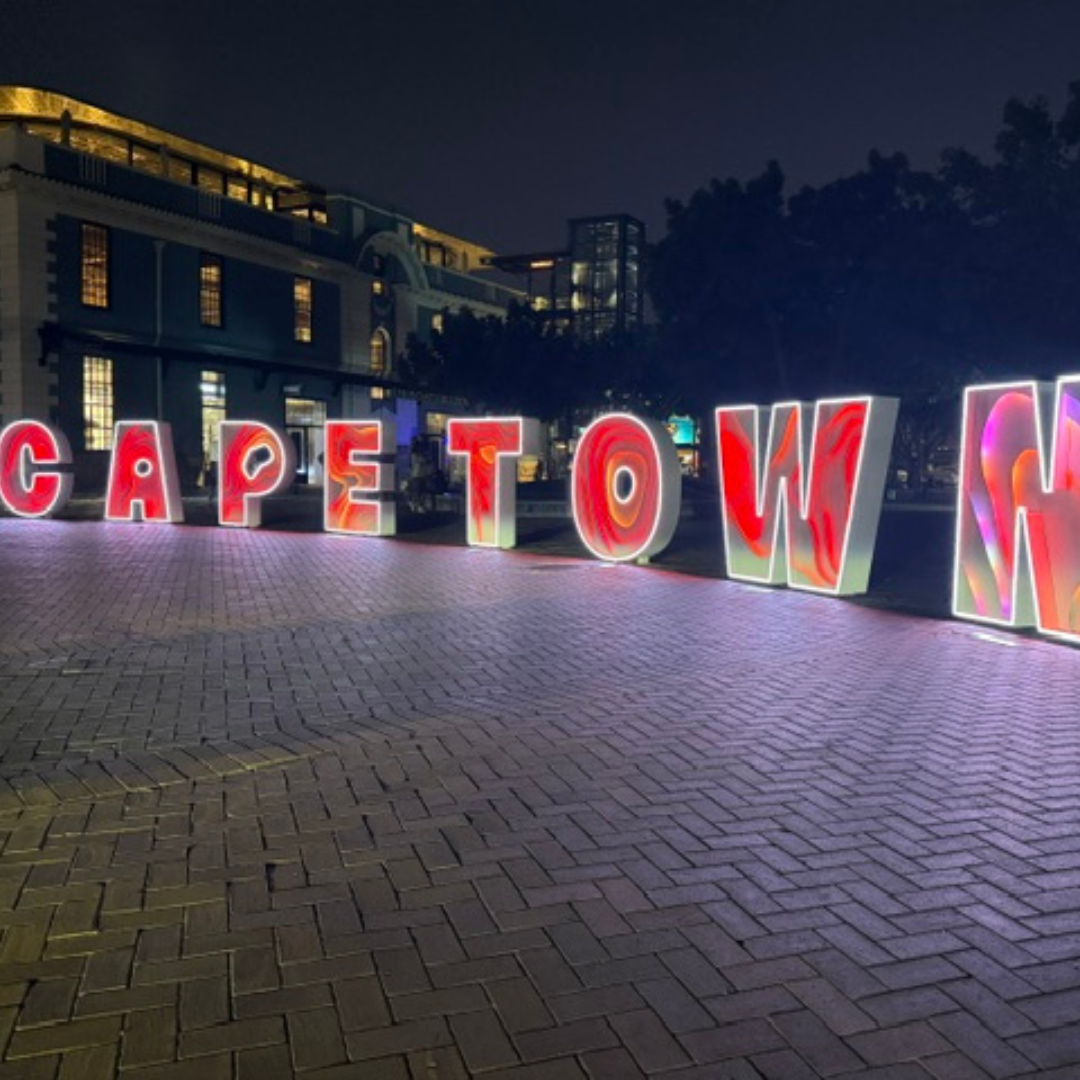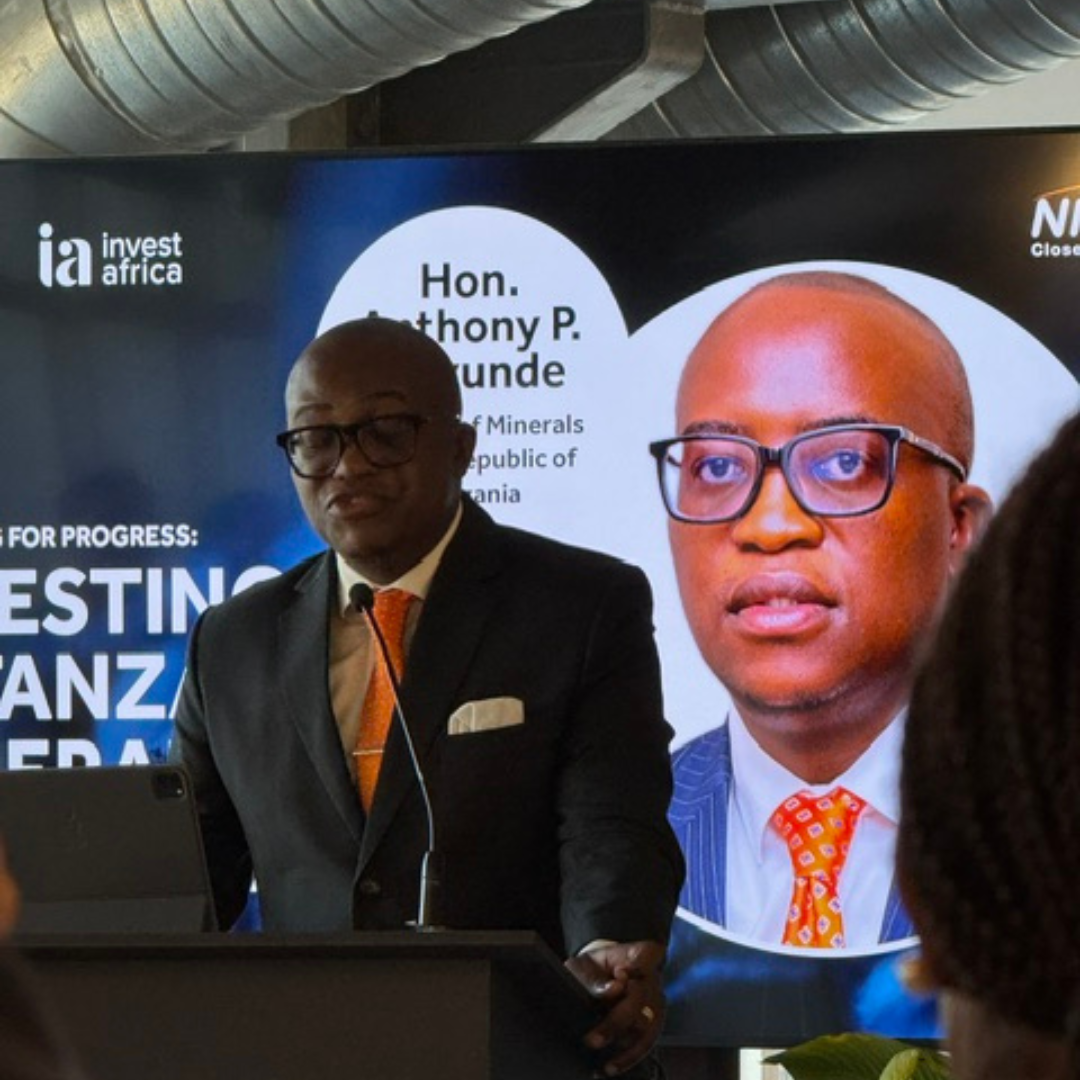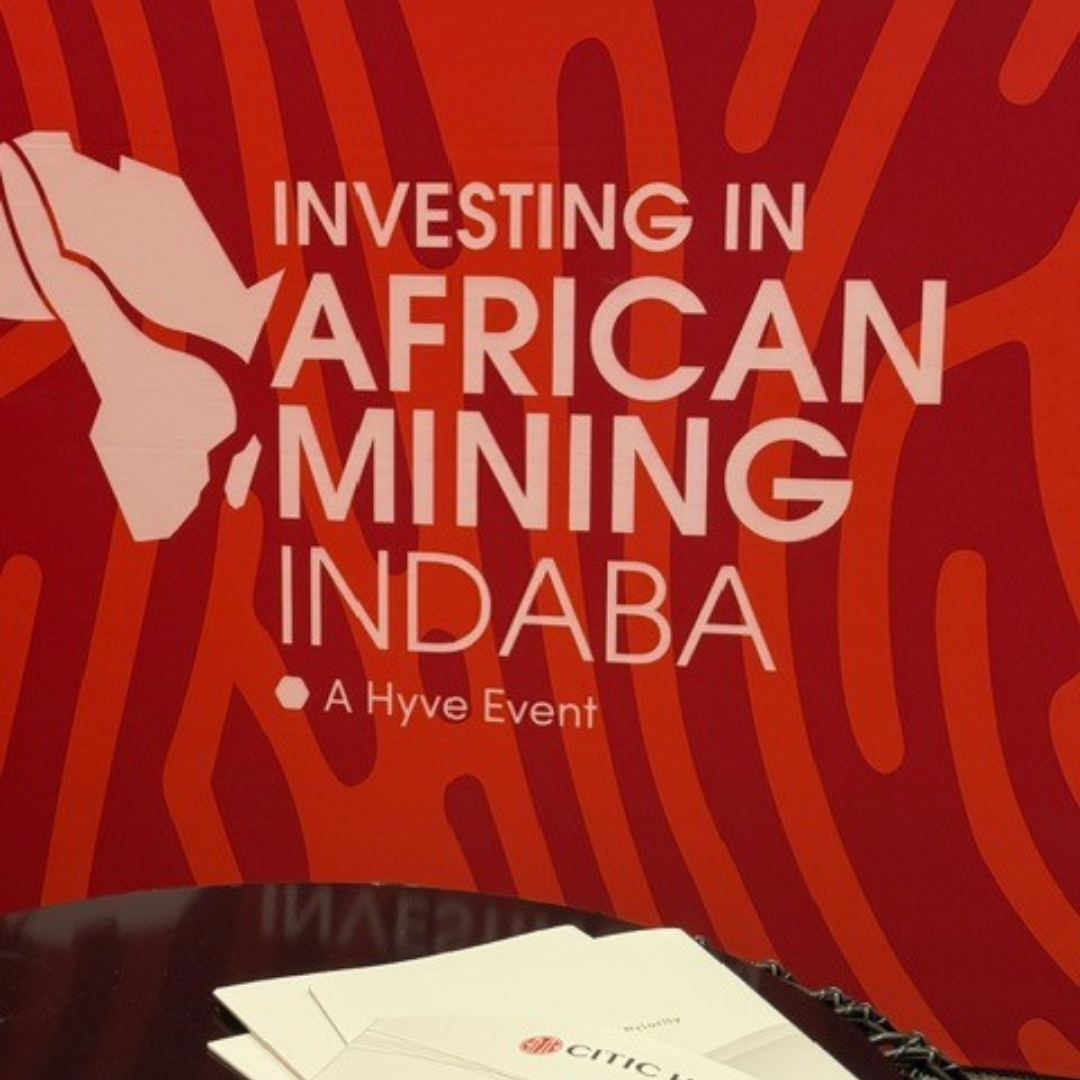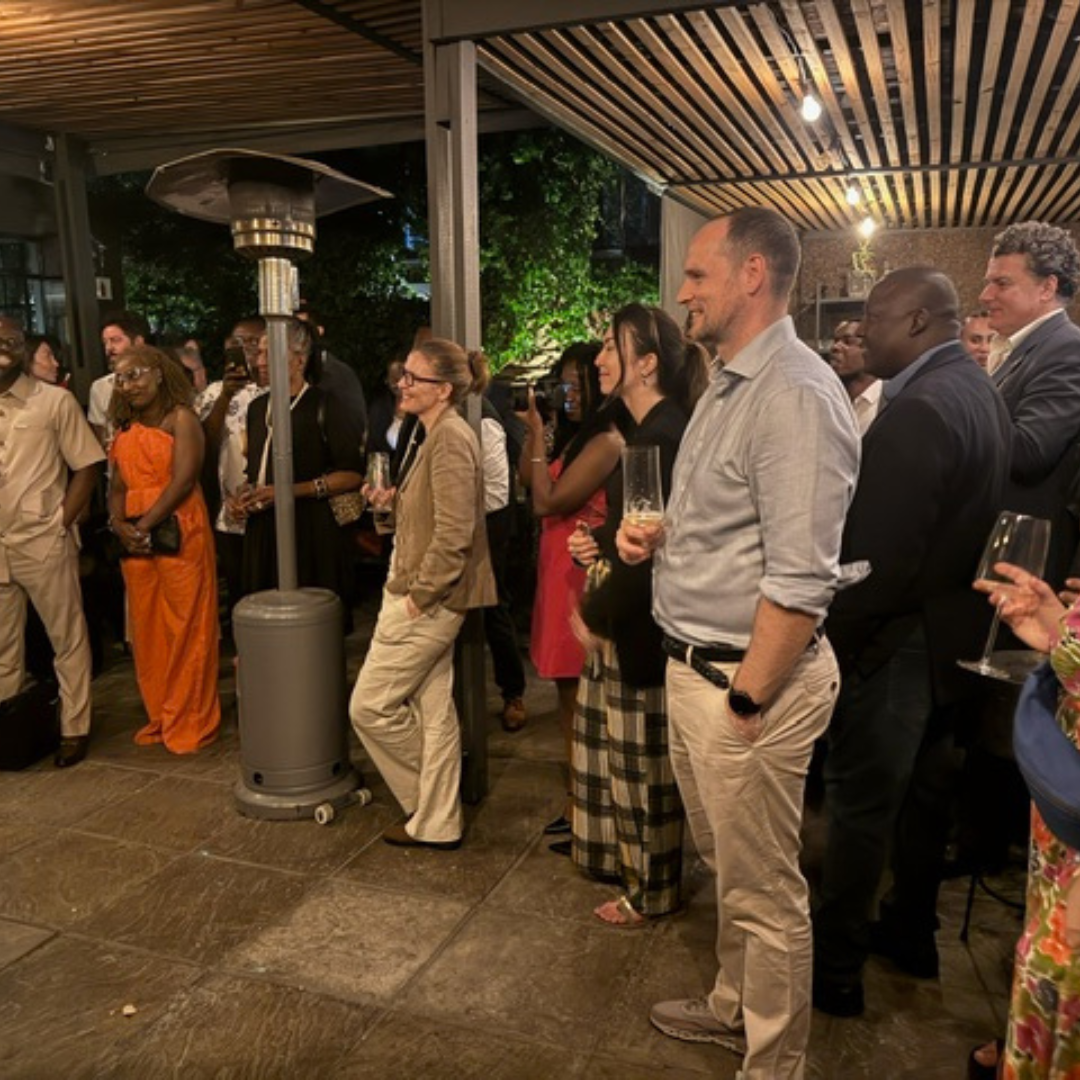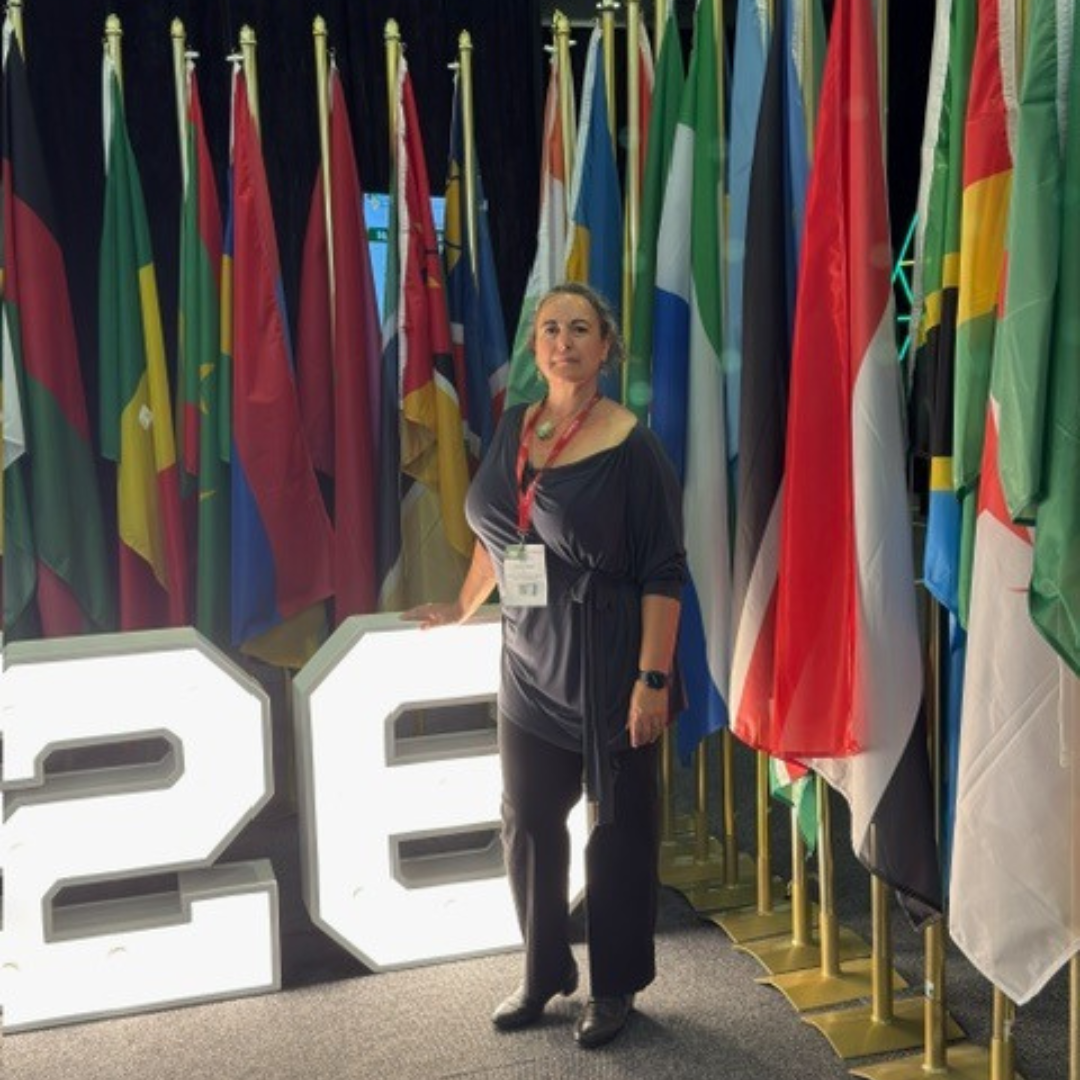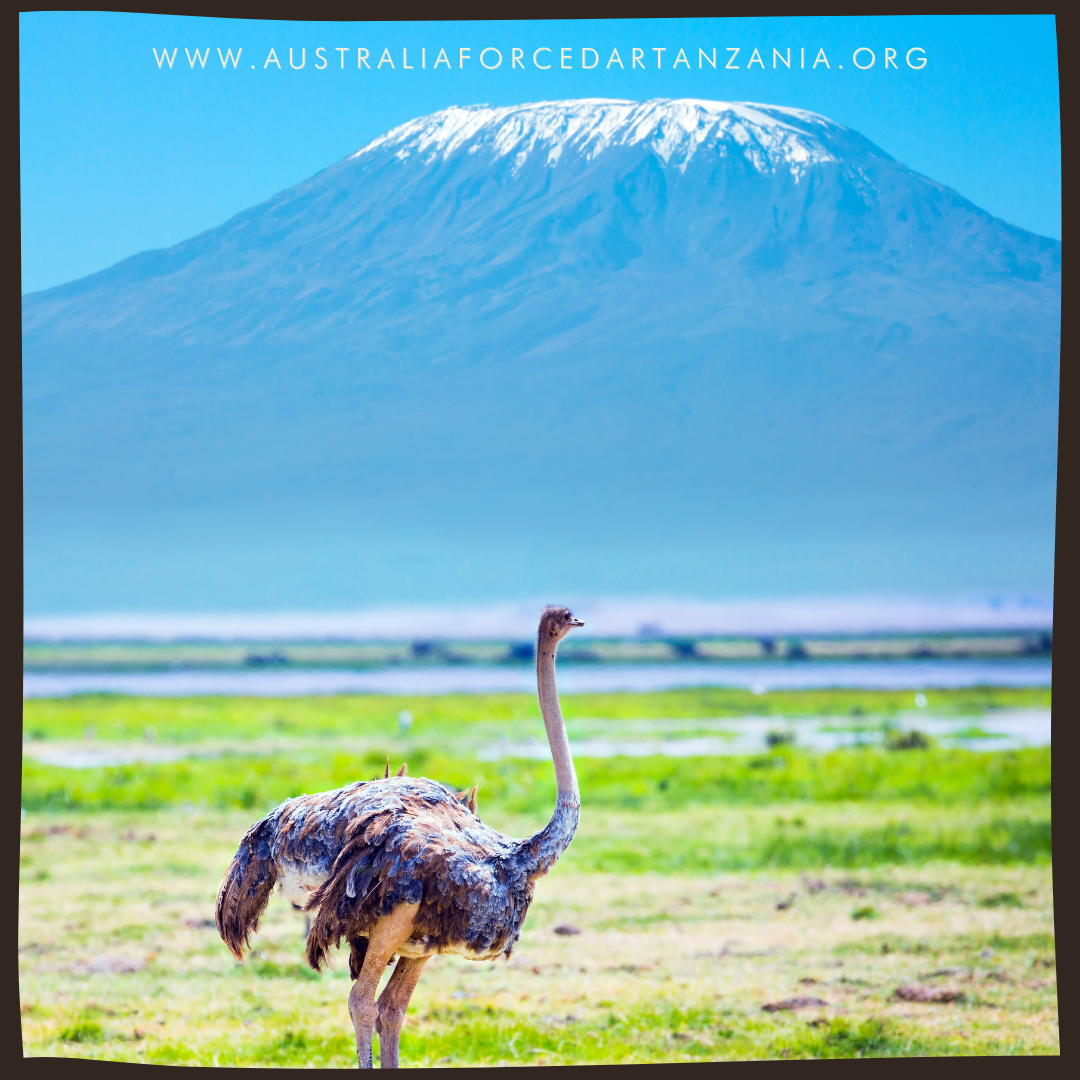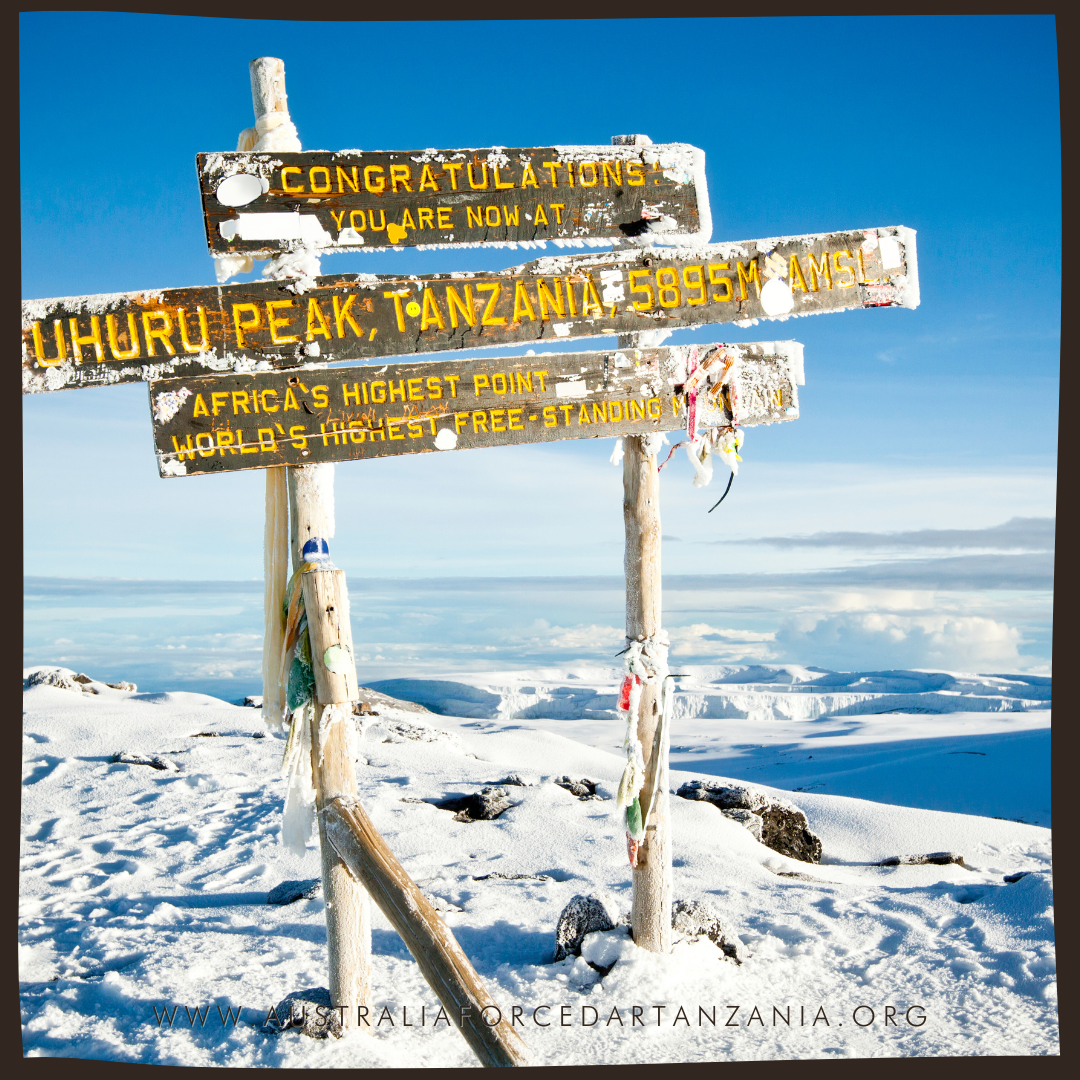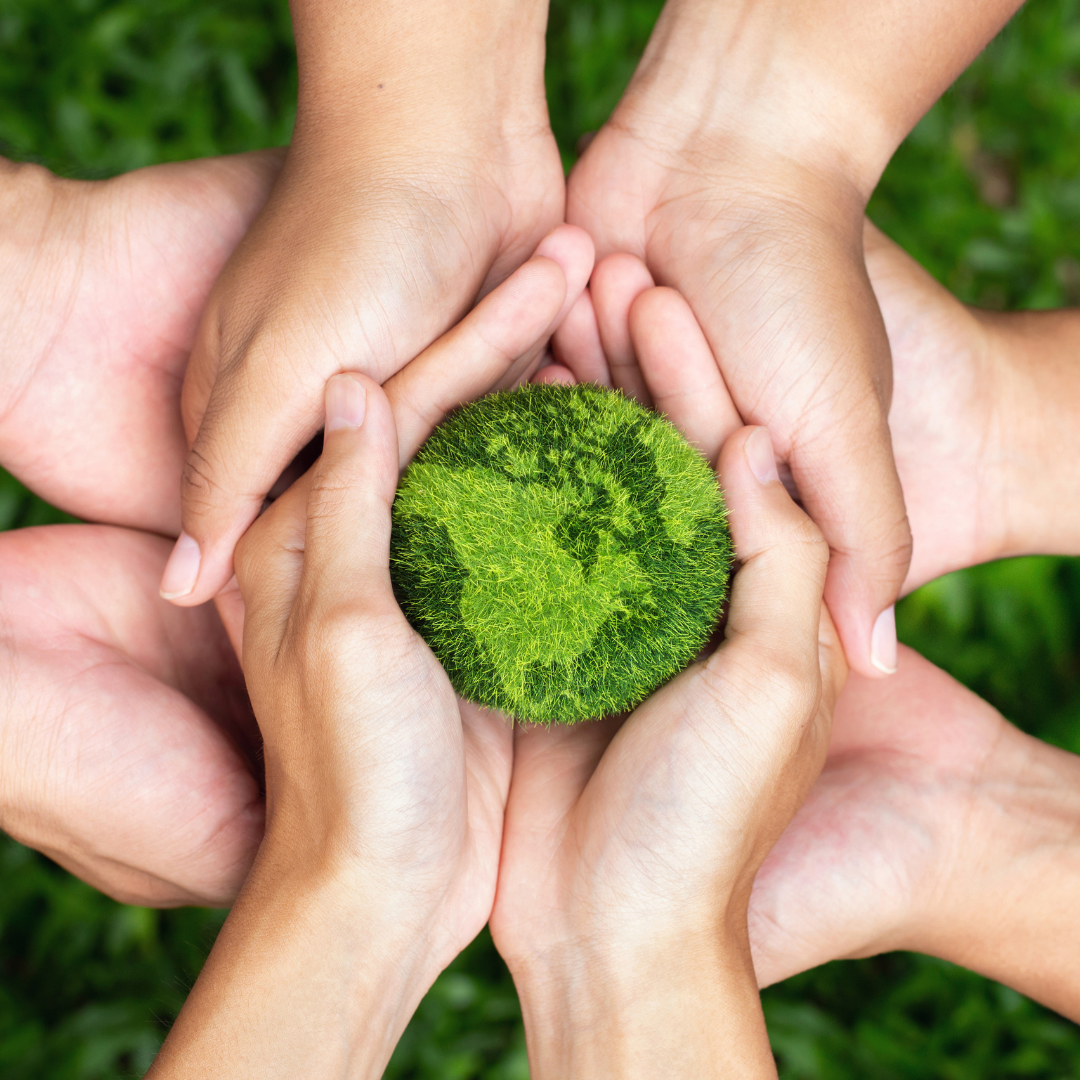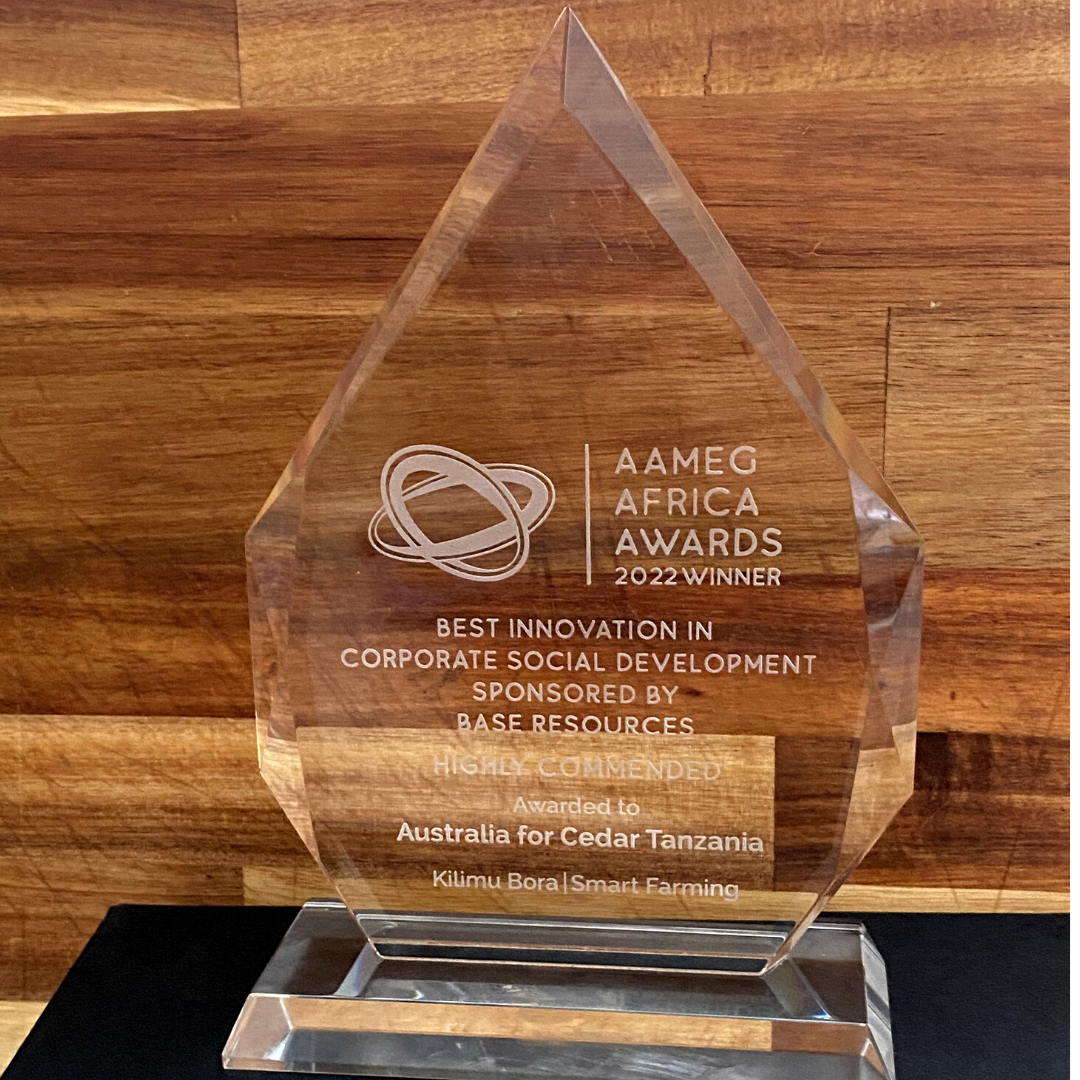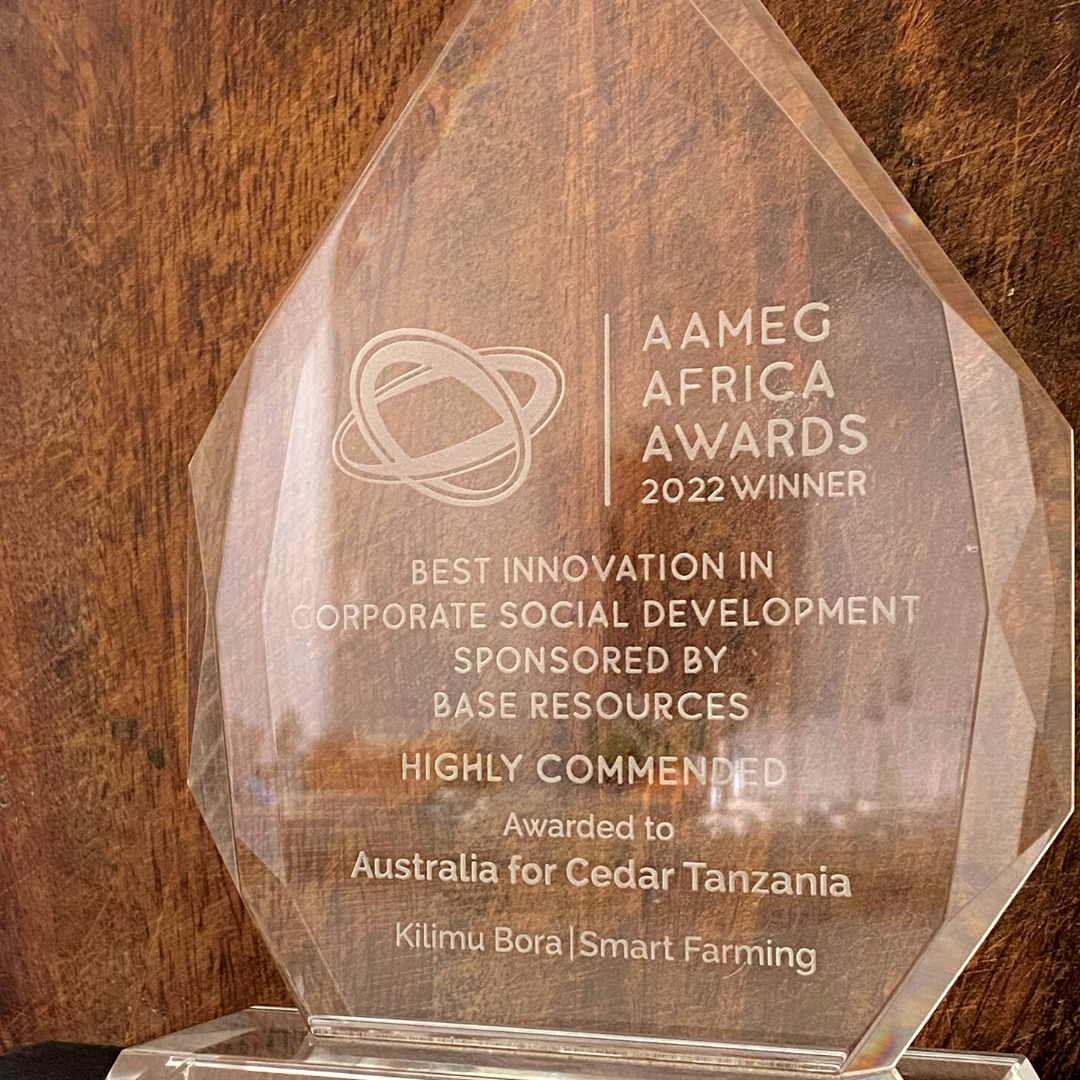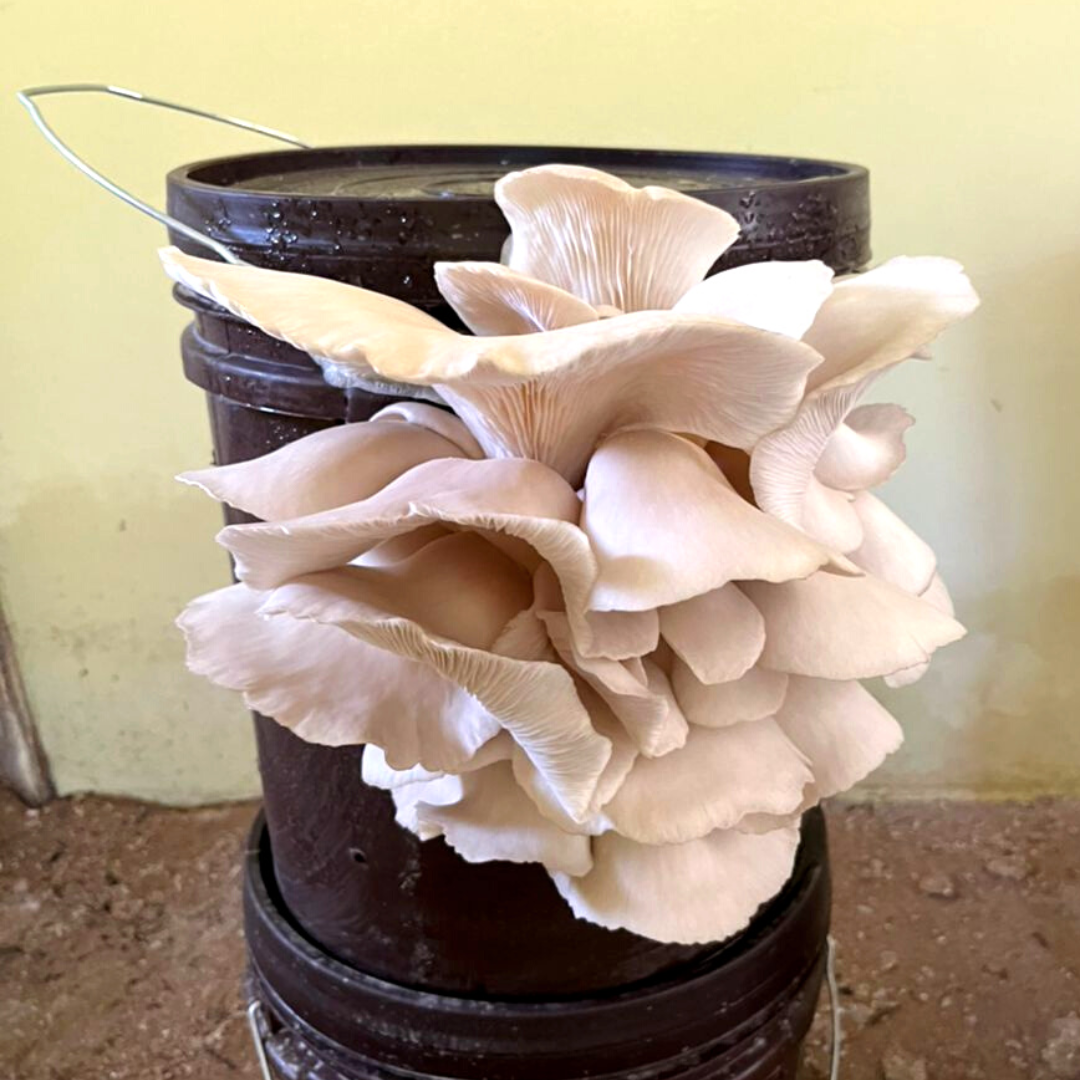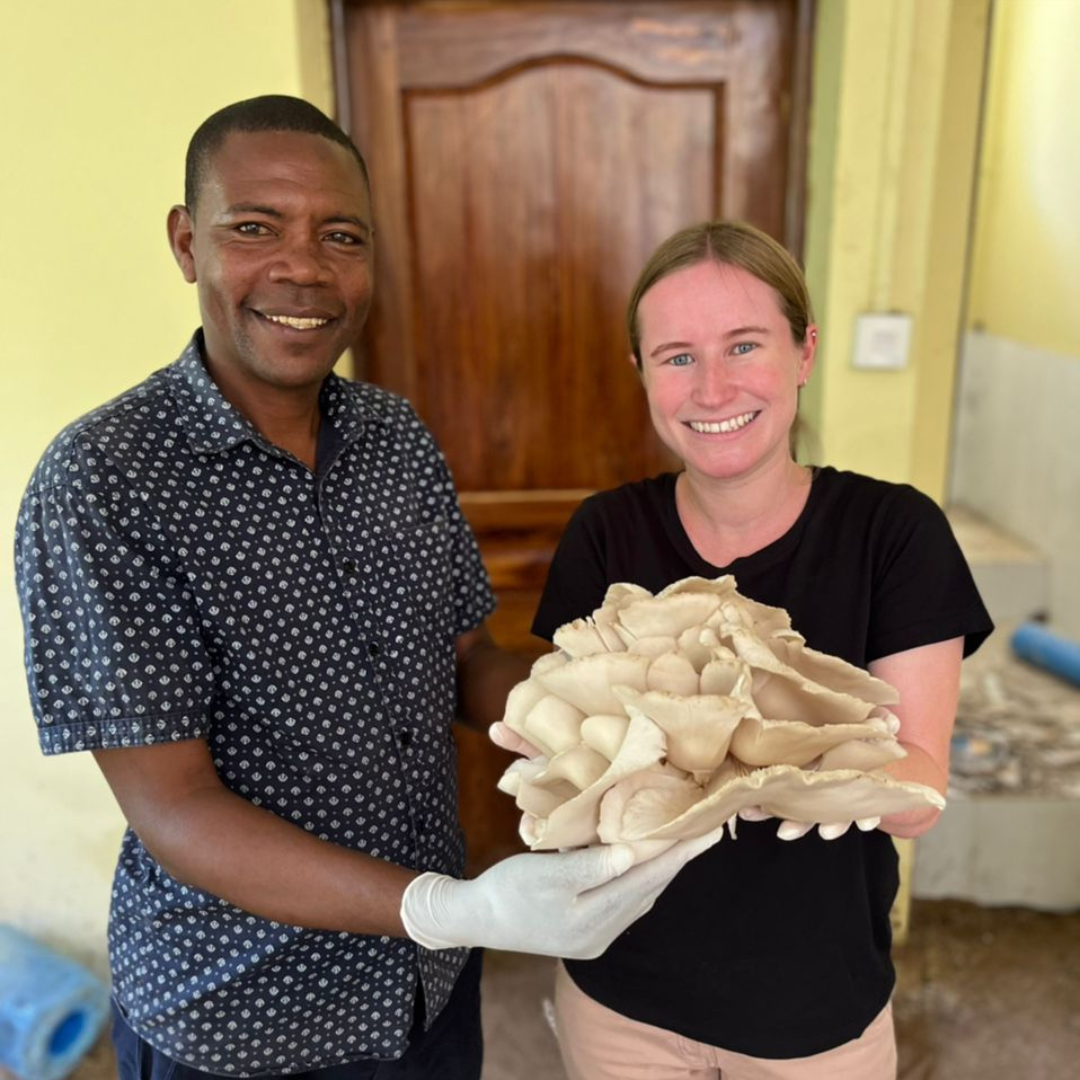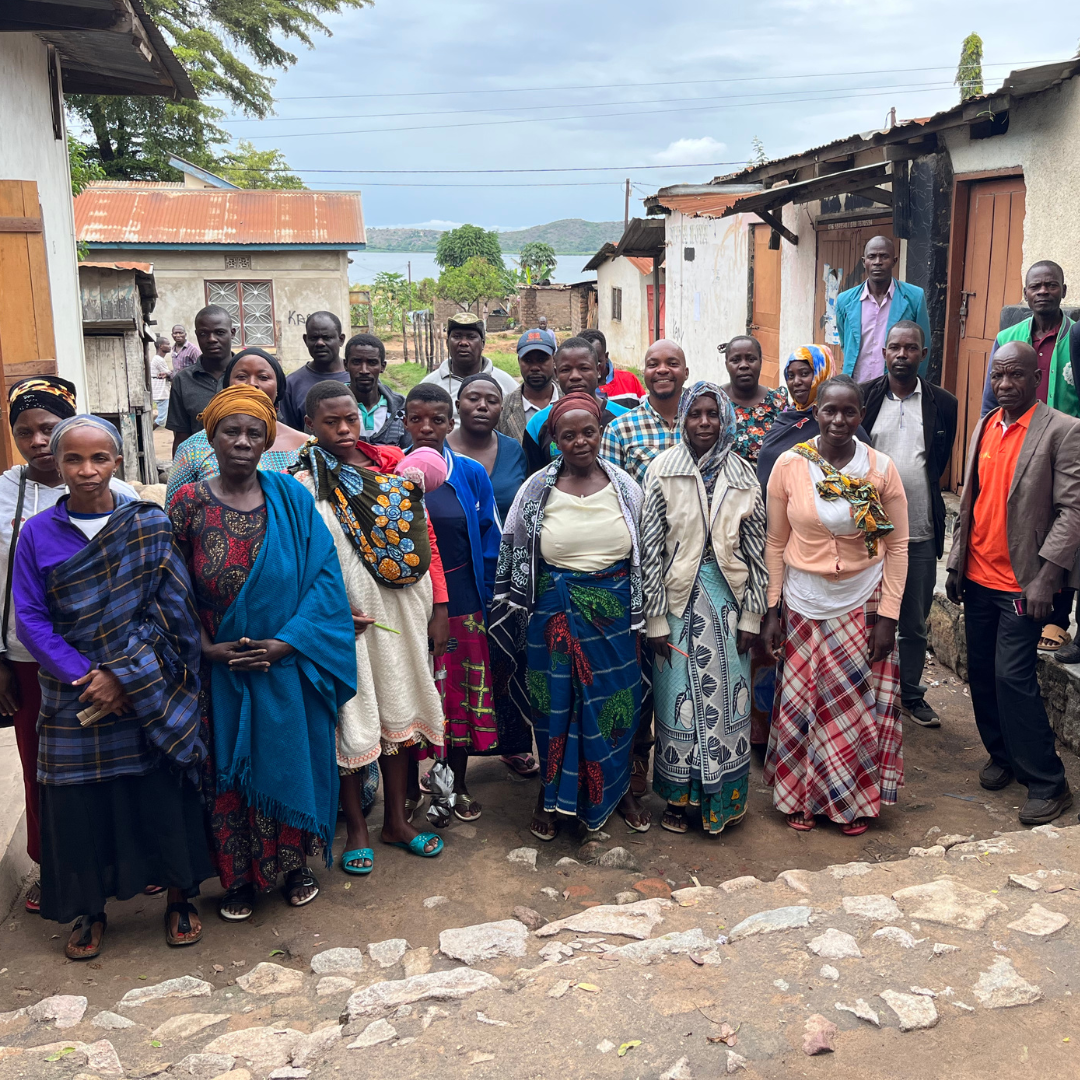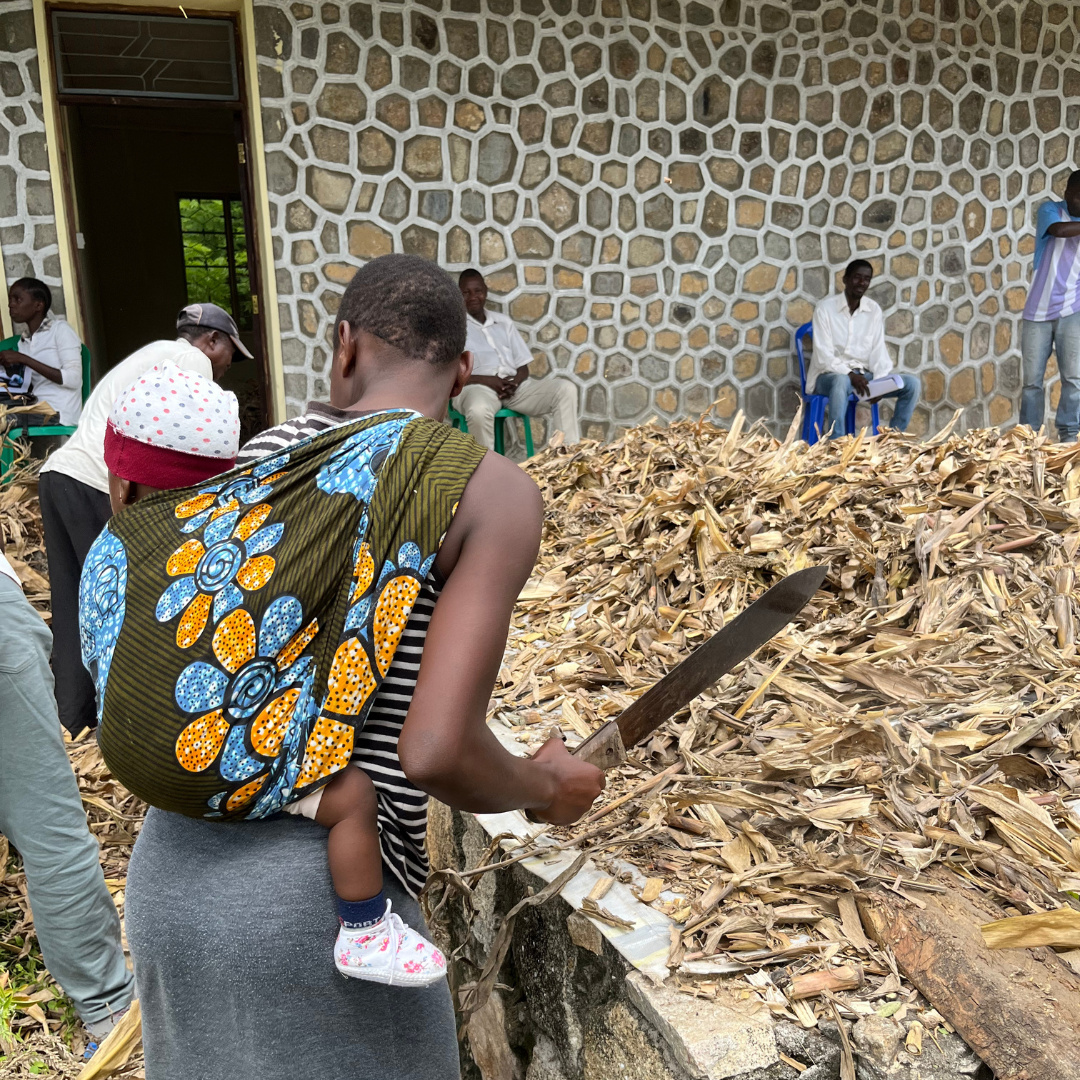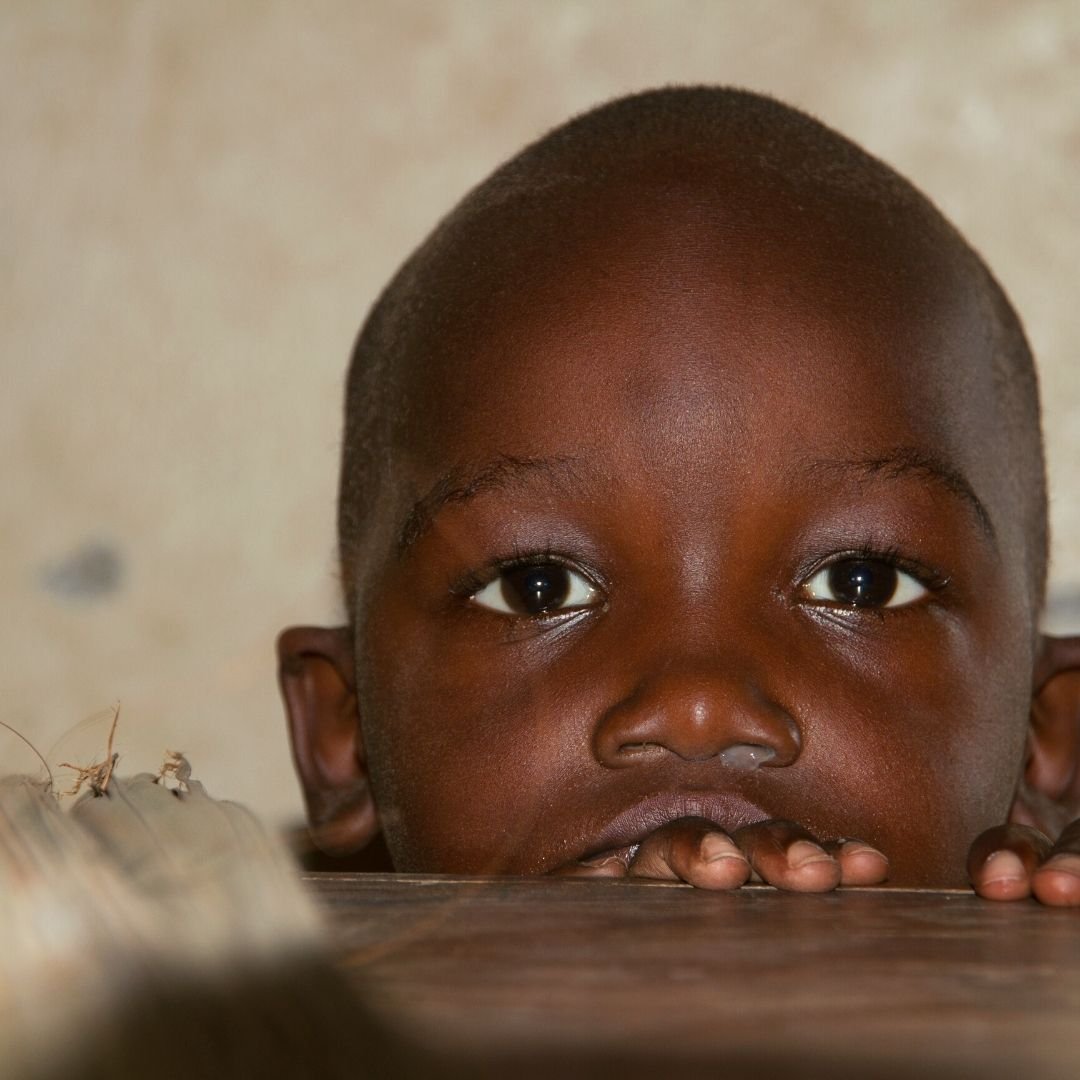Last week I travelled to Cape Town to attend Mining Indaba 2026 – the largest mining conference focused on Africa.
With more than 10,000 delegates in attendance, including Tanzania’s Minister for Minerals and Petroleum, Hon. Mr Mavunde, the message was clear from the outset:
Stronger Together. Progress Through Partnerships.
And that message coloured every conversation I had.
Why We Were There
I met with senior leaders from mining and resource companies operating in Tanzania and across East Africa.
The purpose was direct and strategic:
To expand our work and reach more communities.
To support companies to improve the way community development initiatives are designed and delivered.
To ensure projects are sustainable, locally embedded, and continue long after a mine has closed.
To strengthen Australia’s engagement in East Africa through practical, on-the-ground partnership.
As mining projects increase in Tanzania, the opportunity – and responsibility – grows alongside them.
Companies are under increasing pressure to demonstrate that their community investments are structured, measurable, and genuinely sustainable. Many are looking for trusted partners who understand both the corporate landscape and the local reality.
This is exactly where Australia for Cedar Tanzania operates.
A Shift in the Conversation
The tone at MI26 was notable.
There is growing recognition that community development linked to mining operations must:
Be co-created with local communities.
Strengthen existing systems rather than duplicate them.
Build capacity that remains independent of the mine itself.
Deliver measurable outcomes that stand up to board-level scrutiny.
In short: ambition is no longer enough. Delivery matters.
For our long-term supporters, this will sound familiar.
This is the approach we have taken since 2014 through Cedar Tanzania and since 2018 through our Australian entity.
From Kamanga Health Centre to our enterprise programmes, our work has always been built on local ownership, structured reporting, and financial discipline.
Strategic Positioning for Growth
The timing of this conference is important.
Our new maternity ward at Kamanga Health Centre is now almost complete. What began as a vision is now a physical expansion that will significantly increase safe birth capacity in Mwanza Region.
With increased healthcare infrastructure in place, and with mining expansion occurring across Tanzania, we are well positioned to:
Partner with additional companies operating in-country.
Replicate tested and proven project models.
Expand into new geographical areas where the right partnerships exist.
Strengthen Australia’s role in East Africa through practical, values-led collaboration.
I also connected with other civil society organisations across the continent. These relationships matter. If we are to expand into new countries in the future, it will only be through the right partnerships, shared learning, and aligned values.
Growth must be strategic.
Expansion must be responsible.
Partnership must be principled.
What This Means for You
For our supporters, this trip reinforces that Australia for Cedar Tanzania is not a small, isolated organisation working quietly in one corner of Tanzania.
We are part of a broader continental conversation about:
Sustainable development.
Responsible resource extraction.
Community-led healthcare.
Long-term economic empowerment.
For corporate leaders reading this:
If you operate in Tanzania or East Africa and are seeking structured, transparent and measurable community development partnerships, we are ready to work with you.
For our broader community:
Thank you. Your support enables us to sit at these tables with confidence and credibility.
Moving Forward – Stronger Together
The theme of MI26 was not accidental.
No single actor can deliver sustainable progress alone. Not governments. Not mining companies. Not community organisations.
But together, with clarity of purpose and integrity of delivery, we can build systems that endure.
That is the work ahead.
And we are ready for it.
With gratitude,
Nina and the Cedar Team


